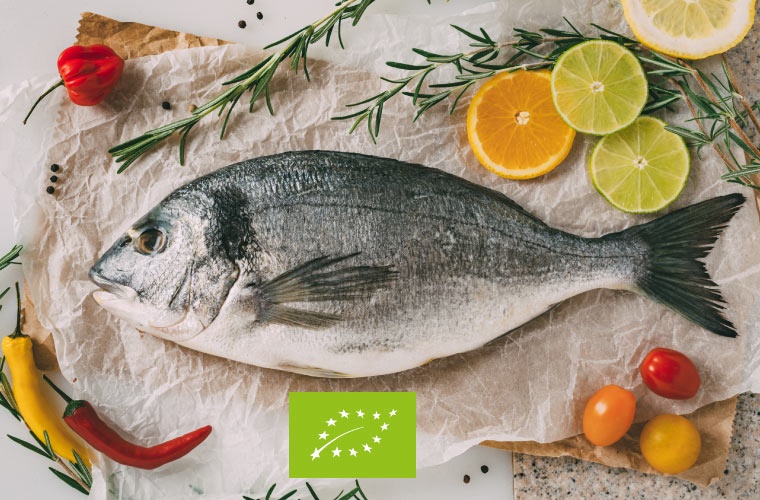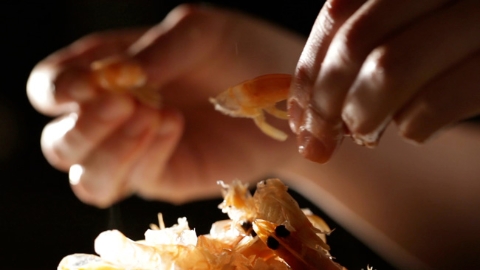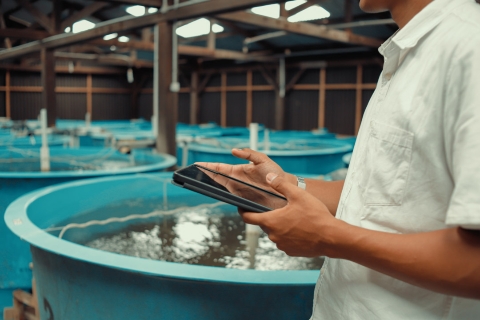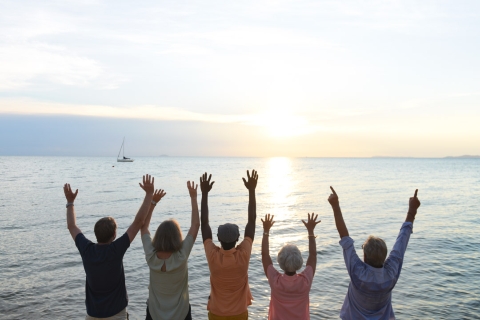
The use of recirculating aquaculture systems (RAS) in organic production remains a point of contention among certifiers and producers, according to recent discussion in the sector. While some industry stakeholders argue that RAS can offer environmental and biosecurity advantages, others believe the technology is incompatible with the principles of organic farming.
Organic aquaculture is defined by “the use of production systems which are as close to nature as possible”, emphasizing natural environmental conditions, minimal environmental impact, and high animal welfare standards. Critics claim that these land-based, fully controlled systems distance production from the natural aquatic environment, thereby undermining this principle.
Supporters, however, point out that RAS can dramatically reduce water use, limit nutrient discharge, and prevent escapes, while allowing for the control of disease and the reduction of chemical treatments. Proponents also note that closed systems can facilitate organic production in areas where suitable open-water sites are unavailable, potentially increasing access to premium organic markets.
Under current European Union organic regulations (Regulation (EU) 2018/848 and its delegated acts), RAS are permitted only for hatcheries and nurseries-typically for the early life stages or fish and shellfish. For the grow-out phase, organic fish must be reared in net pens in open waters, earth ponds, lagoons, or other systems with direct contact with the natural environment. The regulation position reflects the EU’s interpretation that organic aquaculture should replicate natural conditions wherever possible.
Some private organic certification schemes in the EU apply even stricter rules excluding RAS entirely at any stage of production. Others follow the EU’s approach, allowing RAS only for specific species or life stages under defined conditions.
The divergence in certification standards has implications for trade and market development. Producers operating under stricter regimes may find themselves at a disadvantage when competing with those in jurisdictions where RAS-based organic production is permitted.
Industry experts agree that the debate is unlikely to be resolved soon, as it touches on the fundamental question on how organic aquaculture should be defined in a modern context: whether it must replicate natural conditions or whether technological solutions like RAS can be fully integrated while still meeting consumer expectations of “organic”.



